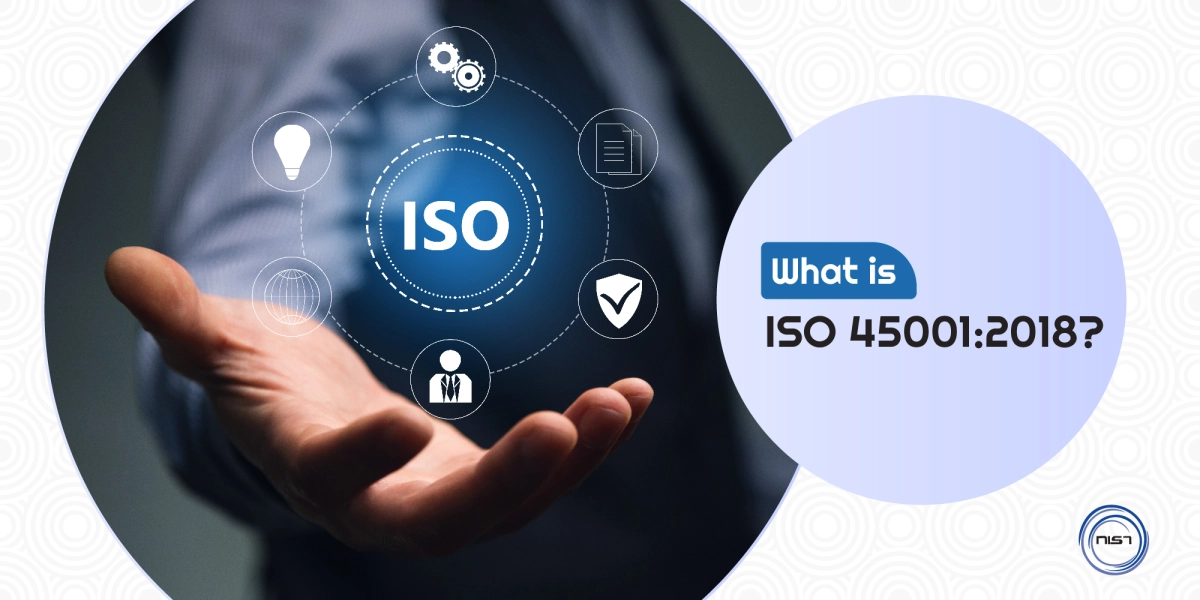Southeast Asia is one of the fastest-growing economic regions in the world, with countries like Singapore, Malaysia, and Vietnam leading the charge. As these economies expand, the need for standardized practices becomes critical, making ISO standards compliance ASEAN more important than ever.
1.
Enhancing Global Competitiveness:
ISO certification helps businesses in Southeast Asia meet international
standards, making them more competitive on the global stage. As trade barriers
decrease and international trade agreements multiply, companies with ISO
certifications are better positioned to enter new markets and attract global
partners.
2.
Building Customer Trust and Satisfaction:
Consumers today are more informed and selective, prioritizing quality and
safety. ISO standards such as ISO 9001 consulting Indonesia for quality management and ISO 22000 for
food safety provide a framework that ensures consistent product and service
quality. Businesses with these certifications can assure customers of their
commitment to maintaining high standards, which is crucial in a region where
consumer awareness is rapidly increasing.
3.
Improving Operational Efficiency:
ISO certification often leads to more streamlined processes, reducing waste and
improving efficiency. For instance, ISO 14001, which focuses on environmental
management, helps companies minimize their environmental impact while cutting
costs. This is particularly important in Southeast Asia, where sustainable
practices are becoming a key factor for long-term success.
4.
Enhancing Regulatory Compliance:
Countries in Southeast Asia are increasingly adopting stricter regulations in
areas like environmental protection, workplace safety, and data security. Southeast Asia ISO certification services like ISO 45001 for occupational health and safety and ISO 27001
for information security management help businesses stay compliant with these
evolving regulations, avoiding penalties and enhancing their reputation.
5.
Facilitating Business Growth:
For small and medium enterprises (SMEs) in Southeast Asia, ISO certification
can be a catalyst for growth. It not only opens doors to new business
opportunities but also builds credibility with potential investors, partners,
and customers. As these businesses scale, the standardized practices
established through ISO certification can support sustainable and controlled
growth.
6.
Supporting Sustainable Development Goals (SDGs):
Southeast Asia is deeply committed to achieving the United Nations' Sustainable
Development Goals (SDGs). ISO certifications, particularly those focused on
environmental management (ISO 14001) and energy management (ISO 50001), align
with these goals by promoting responsible business practices. This alignment
not only enhances a company’s reputation but also contributes to the region’s
overall sustainable development.
As Southeast Asia continues to grow economically, ISO certification is becoming a vital tool for businesses seeking to enhance their competitiveness, operational efficiency, and compliance with global standards. By adopting ISO standards, companies in this dynamic region can build trust with customers, enter new markets, and contribute to sustainable development, ensuring long-term success in a rapidly changing global landscape.


Comments 0